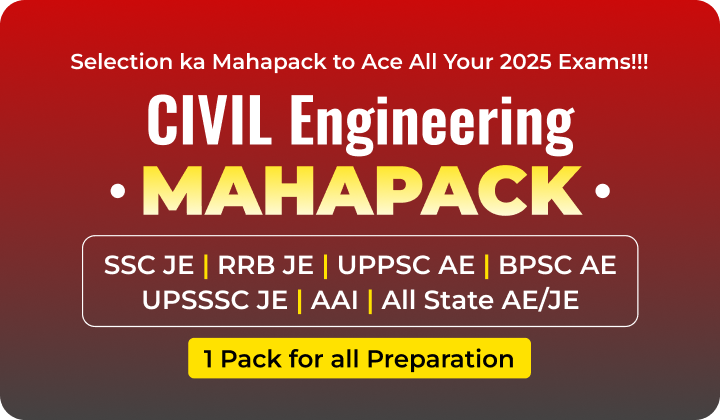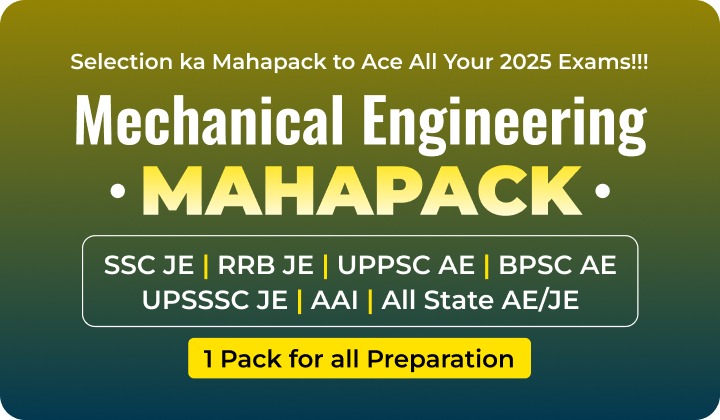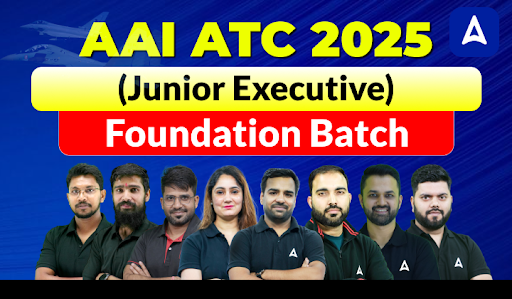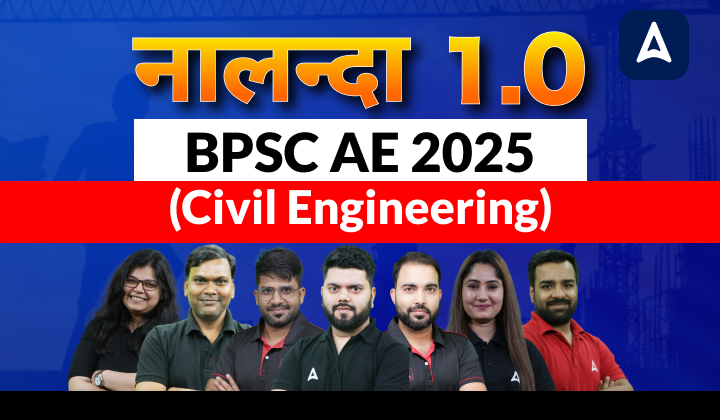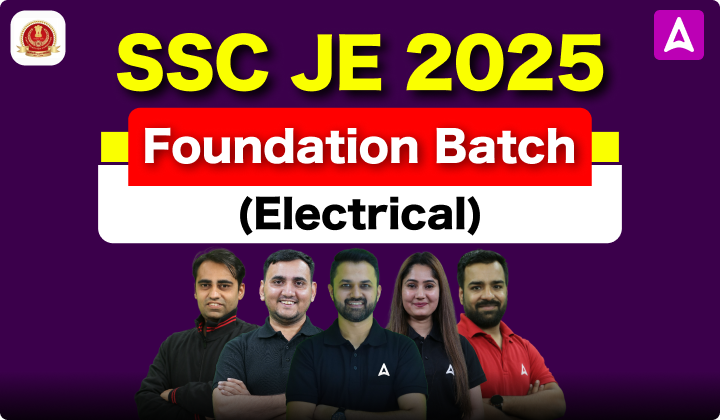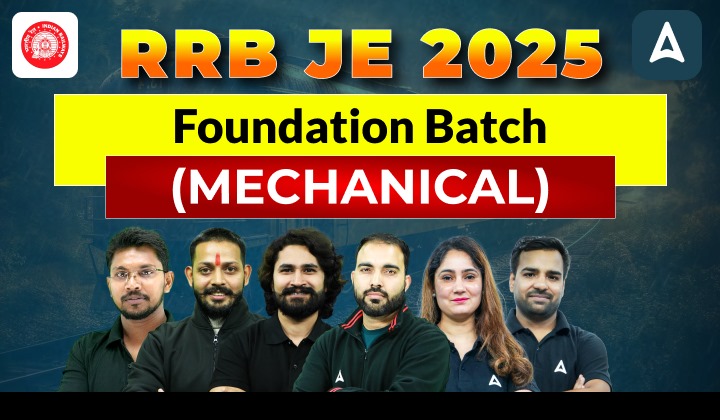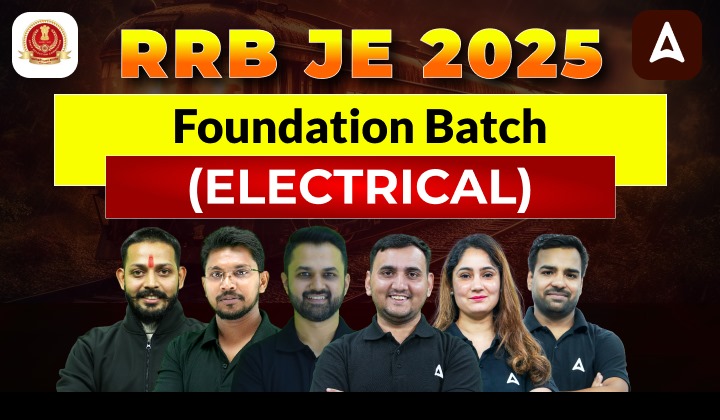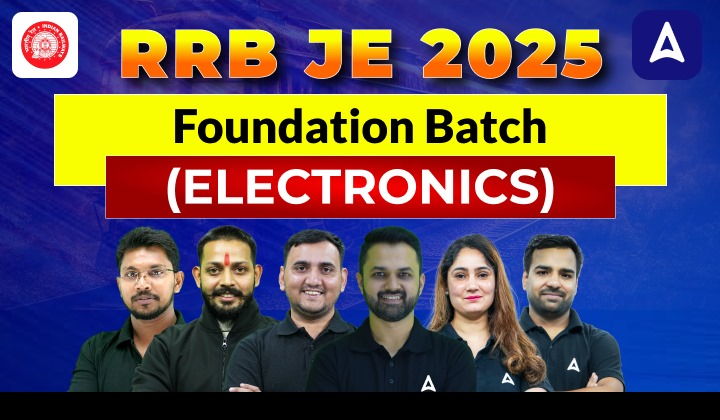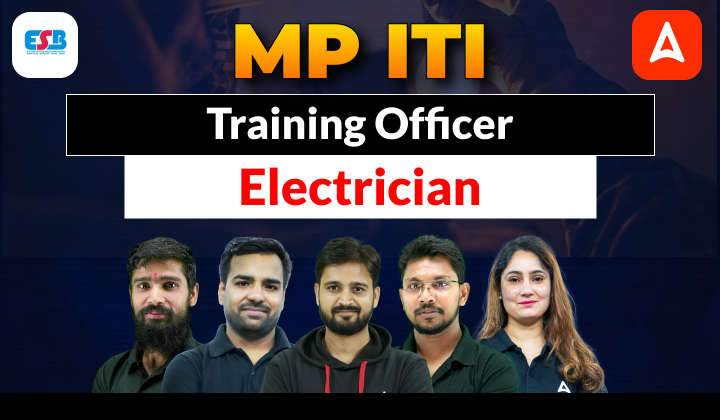Table of Contents
The National Projects Construction Corporation (NPCC) is a premier public sector enterprise under the control of the Ministry of Water Resources. Established in 1957, NPCC has been instrumental in various infrastructure projects, including dams, bridges, housing, and industrial structures. Securing a position at NPCC involves a rigorous selection process, including a technical interview that assesses both fundamental and advanced engineering knowledge. This guide outlines some common interview questions and model answers to help candidates prepare effectively.
Common Interview Technical Questions and Answers
- Can you explain the bending moment diagram for a cantilever beam and a normal beam?
In a cantilever beam, the bending moment at the fixed support is maximum and decreases linearly to zero at the free end. For a normal beam supported at both ends, the bending moment varies based on the loading conditions and is usually maximum at the center or the point of load application.
- Describe your experience in detailed design and stress analysis.
My experience includes using software tools like AutoCAD and ANSYS for detailed design and performing stress analysis on various components. I ensure that all designs meet the required safety and performance standards by analyzing stress distribution and optimizing the design accordingly.
- How proficient are you with engineering software?
I am proficient in several engineering software programs, including AutoCAD, Microstation, PDMS, PDS, and SP3D. My proficiency level ranges from creating detailed drawings to performing complex 3D modeling and simulations.
- How would you handle a situation where you need assistance with a technical problem?
I believe in collaborative problem-solving. If I encounter a technical issue beyond my expertise, I would consult with my colleagues or superiors. Additionally, I would utilize available resources such as technical manuals or online forums to find a solution.
- Explain the difference between reinforced concrete and prestressed concrete.
Reinforced concrete contains embedded steel bars, fibers, or mesh to enhance its tensile strength, allowing it to better withstand stresses. Prestressed concrete, on the other hand, involves pre-tensioning or post-tensioning the steel tendons before the concrete is cast, which puts the concrete into compression and allows it to handle higher tensile forces, improving its performance under load.
- What is the significance of the modulus of elasticity in structural engineering?
The modulus of elasticity (E) is a measure of a material’s stiffness or rigidity. In structural engineering, it is crucial because it determines how much a material will deform under a given load. A high modulus of elasticity indicates a stiffer material, which deforms less under load, essential for ensuring that structures remain stable and serviceable under stress.
- Describe the process of conducting a soil-bearing capacity test.
To conduct a soil-bearing capacity test, engineers typically perform a standard penetration test (SPT), plate load test, or cone penetration test (CPT). In the SPT, a split-barrel sampler is driven into the ground at regular intervals, and the number of blows required to penetrate a specified distance is recorded. This data helps determine the soil’s strength and bearing capacity. The plate load test involves loading a steel plate placed at the foundation level and measuring the settlement to estimate the soil’s bearing capacity.
Common Interview Project Management Questions
- How do you handle delays in a construction project?
Handling delays involves several steps:
-
- Identifying the cause: Determine whether the delay is due to weather, supply chain issues, labor shortages, or other factors.
- Developing a mitigation plan: This could include reallocating resources, adjusting the schedule, or expediting certain processes.
- Communication: Keeping all stakeholders informed about the delay and the steps being taken to address it.
- Documentation: Recording all actions and decisions to maintain transparency and accountability.
- What steps do you take to ensure quality control on a construction site?
Ensuring quality control involves:
-
- Setting clear standards: Establishing and communicating the quality standards and expectations for the project.
- Regular inspections: Conduct regular site inspections to check for compliance with standards.
- Training: Providing continuous training to workers on quality practices.
- Testing materials: Performing regular tests on construction materials to ensure they meet specified requirements.
- Documentation: Keeping detailed records of inspections, tests, and any corrective actions taken.
Common Interview Behavioral Questions
- Can you describe a challenging engineering project you worked on and how you managed it?
A challenging project I managed was the construction of a high-rise building in an urban area with space constraints. The key challenges included logistics, noise control, and ensuring the safety of nearby structures. I managed this by:
-
- Detailed planning: Creating a meticulous project plan with phased construction activities.
- Coordination: Working closely with the city authorities for permits and compliance.
- Innovation: Using prefabricated components to reduce onsite construction time and noise.
- Communication: Keeping open lines of communication with stakeholders, including the local community, to address their concerns promptly.
- How do you prioritize tasks when working on multiple projects simultaneously?
Prioritizing tasks involves:
-
-
- Assessing urgency and importance: Using frameworks like the Eisenhower Matrix to categorize tasks.
- Setting clear deadlines: Establishing realistic timelines for each task and project.
- Delegation: Assigning tasks to team members based on their strengths and availability.
- Regular reviews: Conducting periodic reviews to adjust priorities as needed and ensure all projects are on track.
-
NPCC Engineering Interview Tips and Tricks
- Research the Company
- Technical Preparation
- Practice Behavioral Questions
- Highlight Relevant Experience
- Develop Soft Skills
- Mock Interviews
- Professional Presentation
- Resume Clarity
- Practice Makes Perfect




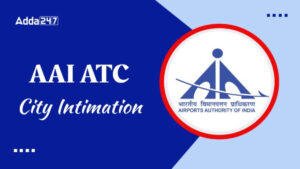 AAI ATC City Intimation 2025 Out, Check ...
AAI ATC City Intimation 2025 Out, Check ...
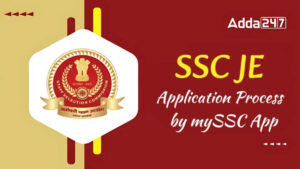 SSC JE 2025 Application Process via mySS...
SSC JE 2025 Application Process via mySS...
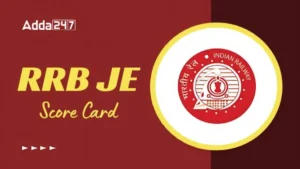 RRB JE CBT 2 Score Card 2025 Out, CBT 2 ...
RRB JE CBT 2 Score Card 2025 Out, CBT 2 ...

